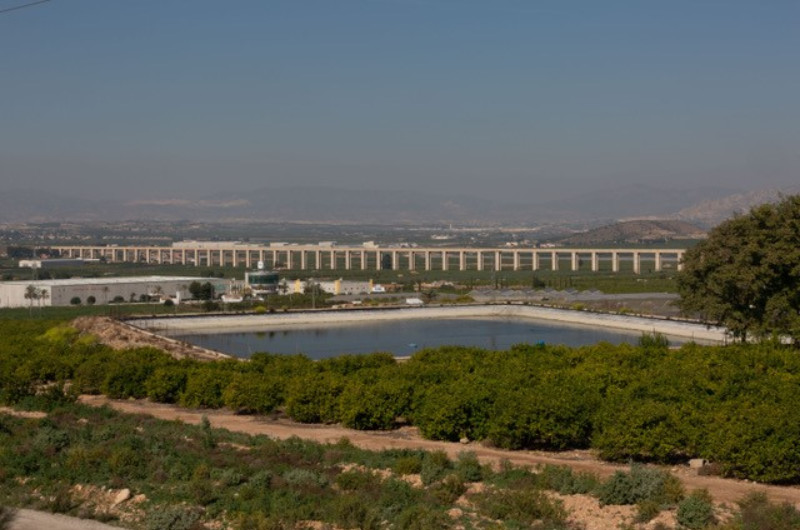Many river basins worldwide are under stress and undergoing 'closure'. Spain's southeastern basins are norious for the overexploitation of both surface and groundwater resources, a situation that generates competition over resources, environmental degradation and ever tighter socio-ecological interconnectedness between users, and between societies and the environment.
 © J. Rodriguez Ros, IRD
© J. Rodriguez Ros, IRD
Such complexity poses sheer challenges to a multi-level governance system that associates, among others, the basin Confederacion, nested public administrations, water user groups, private sector companies, environmental and other NGOs. This study will examine the shifting power configurations that govern how and what solutions are proposed, financed, implemented and managed to respond to water challenges in the Segura River Basin. This basin is specific in that it receives a large share of its supply through the interbasin transfer of River Tagus (Tajo) waters. It will link with and inform wider studies and frameworks on river basin and multilevel governance, and on the political ecology of river basin development.
Specifically, it will :
- Illustrate socio-ecological relationships on a long time scale;
- Make the political and policy implications of basin closure explicit;
- Contribute to thinking on the role, diversity of and need for RBOs;
- Contribute to the understanding of multi-level water governance;
- Reassess conventional RBM and governance in the light of the case study.
Key words : river basin closure, Segura river basin, irrigated agriculture, water governance, polycentricity






